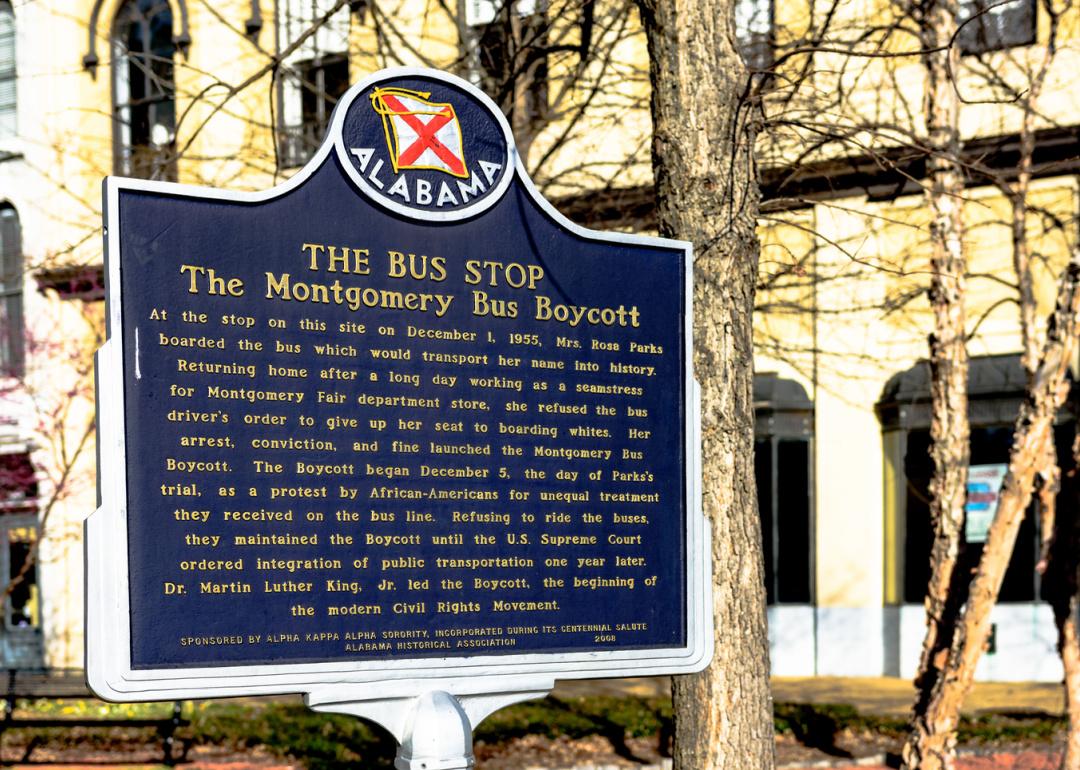
Ferguson erupts: A major civil rights moment in Missouri
Ferguson erupts: A major civil rights moment in Missouri
A land of contradictions from the outset, the United States was founded by slave owners who spoke passionately and eloquently about liberty, freedom, and justice for all. In the beginning, "all" was limited to men of European ancestry who were wealthy enough to own land. The Constitution's protections did not apply to most of the people living in America for most of America's history—at least not in full.
Women—about 50% of the population—were not included in the country's concept of "all," likewise millions of slaves—and for a long time, their offspring. Native Americans, the descendants of the original inhabitants of the United States, were commonly excluded from the promise of America, as were many immigrants, ethnic groups, and religious minorities.
Despite all the work that remains to be done, all of those groups and many others now enjoy freedoms that had to be won—won through the courts, through the court of public opinion, through mass demonstrations, through legislation, through boycotts, and in many cases, through martyrdom.
Fighting to expand the definition of "all" requires powerless people to challenge the power structures that benefit from keeping certain people locked in their status as second-class citizens. They often do it at great risk to their jobs, their reputations, their homes, and in many cases, their lives. Even so, brave advocates and activists fought the good fight in every state in America. Each state has a unique story to tell about the epic struggles for civil rights that were waged there, as well as those that continue to be waged. The following is a tiny sliver of their collective efforts.
Using a variety of sources, Stacker identified a defining moment for civil rights in all 50 states. They stand out for different reasons and led to changes that lifted different groups, but they all prove how much can be achieved—and how much still remains to be accomplished.
Keep reading to find out your state's contribution to civil rights.
Mississippi: A boy's murder galvanizes a movement
The murder of Emmett Till was by no means unique in Mississippi—Black men and boys there had been killed with impunity for perceived transgressions with white women for generations. The gruesome murder of the baby-faced Chicago 14-year-old, however, put a national spotlight on racial violence and injustice in the South when graphic photos of the child's mutilated body were published in Jet magazine. The moment launched the modern civil rights movement.
Click here to see an event from every state or continue reading for other events near Mississippi.
Alabama: Rosa Parks takes a stand
The March from Selma to Montgomery took place in Alabama, as did the bombing of the 16th Street Baptist Church and some of the most important Freedom Rides. One moment, however, stands out as dramatic and consequential, even by the standards of Alabama during the civil rights era. On Dec. 1, 1955, the arrest of 42-year-old seamstress Rosa Parks for refusing to give up her seat on a city bus led to the Montgomery bus boycott, the first great victory of the movement.
Arkansas: Little Rock 9 go to school
In 1957, three years after the Supreme Court struck down school segregation in the Brown v. Board of Education decision, nine African American students attempted to integrate Central High School in Little Rock, Arkansas. It took several tries—they were physically blocked on the first few attempts by a combination of enraged white mobs and armed National Guard troops. Finally, President Eisenhower federalized the National Guard, ordering them to escort the students to and from the building, and on Sept. 25, 1957, the Little Rock Nine began attending classes at Central High.



